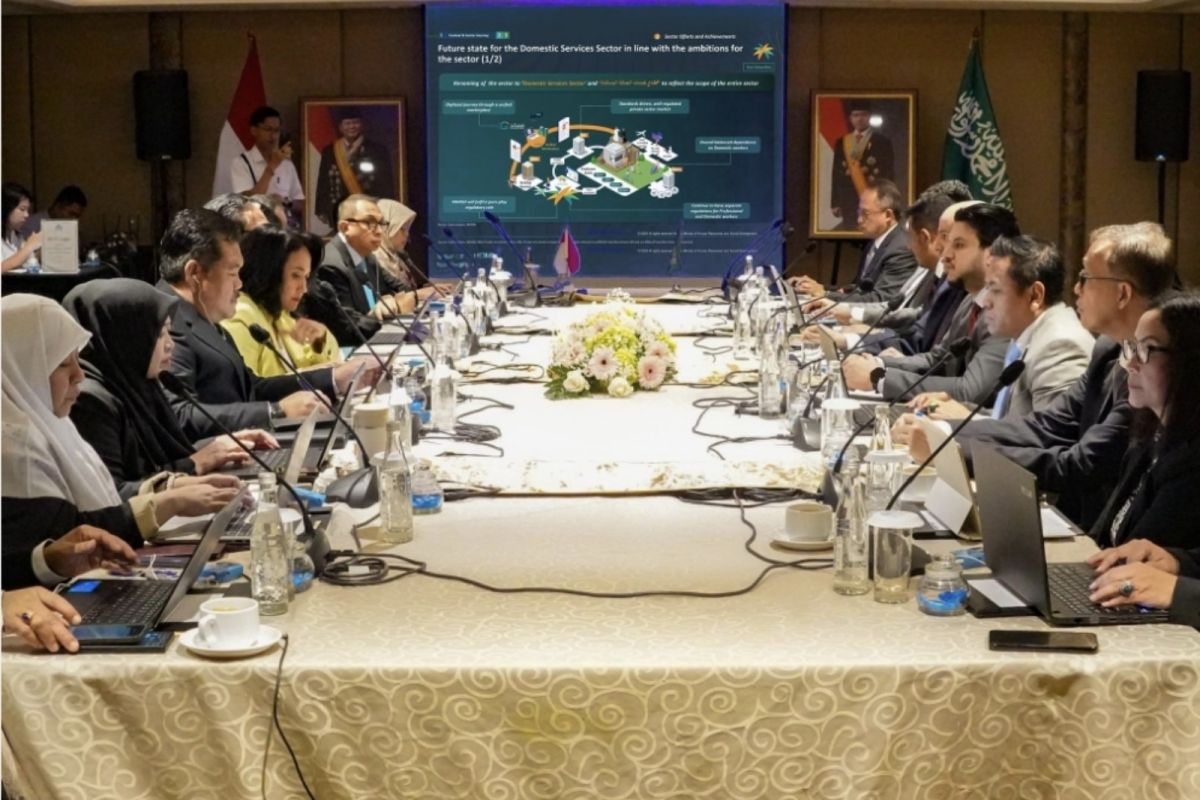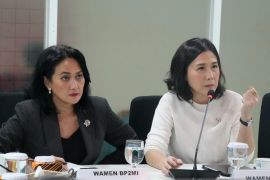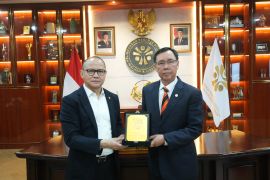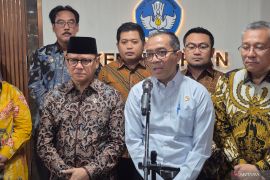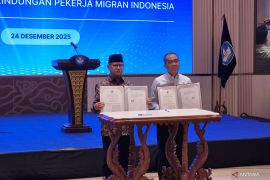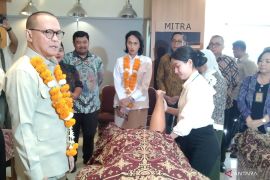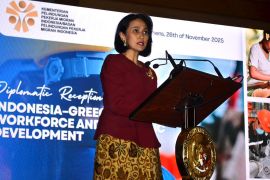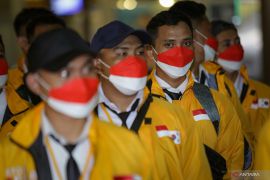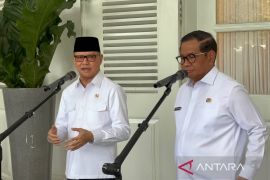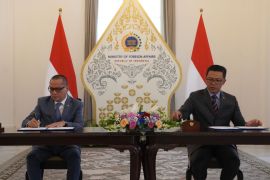Musaned is an official household service and employment program institution operating under the Saudi Arabian Ministry of Human Resources and Social Development.
Regarding the PMI placement in Saudi Arabia, Aryani said her side must verify and review the system presented by Musaned since Saudi Arabia still applies the syarikah system, or companies appointed and accountable to the Saudi Arabian government.
"We want to avoid overlapping regulations with the Saudi Arabian authorities," she noted in a statement from her office on Tuesday.
During the meeting, Musaned's Director of Strategic Partnerships Wafi Assiri noted that there are 4.5 million domestic migrant workers in Saudi Arabia, with independent departures reaching around 97 percent.
The 4.5 million domestic migrant workers were recruited by 2.4 million employers or service users in Saudi Arabia.
"This means that domestic migrant workers have reached one-third of the total employment sector in Saudi Arabia. This large number beats other sectors," Assiri stated.
Related news: Indonesia, Saudi Arabia agree to integrate PMI placement systems
In the future, the government of Saudi Arabia is pursuing transformation in the placement of domestic migrant workers, including those from Indonesia, to improve the quality of recruited migrant workers and ensure bilateral satisfaction.
"This starts with digitalization of identity and electronic banking in payroll, followed by reducing the duration and cost of recruitment, monitoring of entry visas, and managing the arrival of prospective migrant workers at the airport," Assiri detailed.
He also highlighted the Saudi government's plans to curb exploitation with a minimum contract system of two years to provide options for migrant workers to continue their jobs, move, or return home.
"The Saudi Arabian government hired an employment consultant, and all decisions were based on analysis from various countries of origin of migrant workers, including the Philippines, which is famous for its management of migrant workers," he stated.
Meanwhile, Director General of Promotion and Utilization of Overseas Employment Opportunities KP2MI, Dwi Setiawan Susanto, lauded the improvements made by Saudi Arabia in managing migrant workers in the domestic sector.
However, he drew attention to problems in the domestic subsector.
"Saudi Arabia may draft a curriculum as a guide for our training, including specific skill needs for the domestic subsector, such as the qualifications of drivers, helpers, cooks, babysitters, and others," he suggested.
Related news: Minister deploys 150 professional nurses to work in Saudi Arabia
Translator: Katriana, Resinta Sulistiyandari
Editor: Yuni Arisandy Sinaga
Copyright © ANTARA 2025
